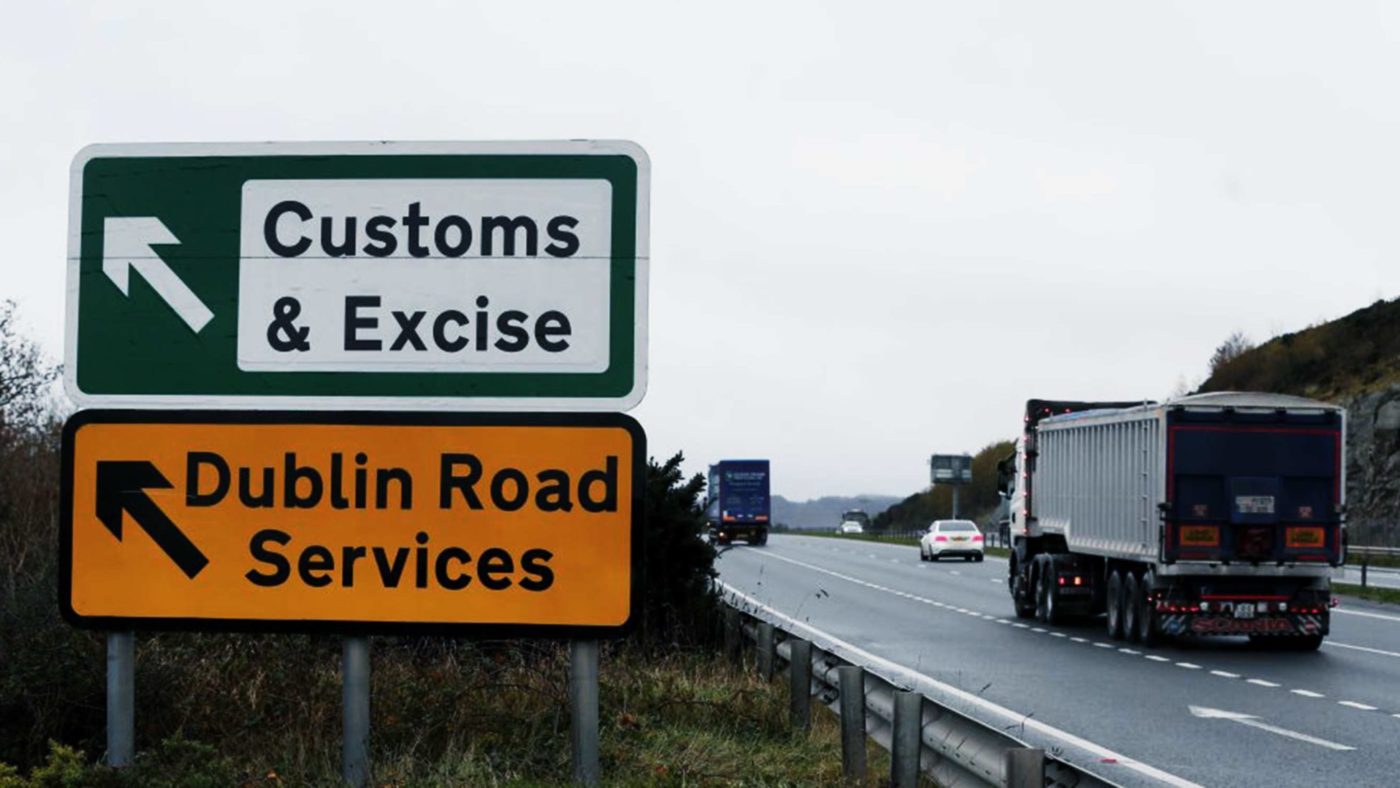Whether or not the UK makes a deal with the EU before or after it leaves at the end of October, or if the EU decides it doesn’t want to, the arrangements for Ireland’s interaction with the UK on its land border won’t be those within the draft Withdrawal Agreement that Theresa May proposed. They were defeated three times and the UK government’s policy is not to propose them again, however much the EU might like there to be a different reality.
The choice for the EU and everyone else is no longer between Theresa May’s deal and alternative arrangements. It is between alternative arrangements or not having mutually agreed arrangements. The status quo, including a customs union in which the whole UK does not have control of its trade policy, are not options.
That penny appears not yet to have dropped to all UK parliamentarians and officials, despite the decision made by the people which those parliamentarians voted to implement, and the obvious terminal consequences for trust in politics if it is denied, but hopefully it will soon.
It is disappointing to see the politically motivated leakers inside the Government machine are still producing propaganda to prolong such uncertainty, rather than relaying the intensive work that Government is doing to prepare for any eventuality so that borders flow well and worst case scenarios do not come about.
First we had the “Cross Whitehall Briefing” economic impact assessments, which among other biases used forecasts for trade costs as a “third country” that were ten to twenty times higher than than they would in fact be.
Next we had leaks of the “Yellowhammer” disaster scenario prepared to frighten ministers about what might happen if the Government did nothing at all to prepare the country and cross-border traders for new processes.
Now we have a leak of a purportedly official document for ministers involved in the Government’s Alternative Arrangements advisory work streams, designed to frighten parliamentarians and our EU interlocutors into thinking there are no plausible alternative arrangements.
How much more could we have done in the last three years had Ministers and their officials been prepared to think positively and practically about their tasks, rather than leak and sabotage?
Recent feedback from inside the Government’s Alternative Arrangements work streams is that elements of the Civil Service are not thinking creatively and not displaying knowledge of the customs simplifications available. Many of the participants on the advisory panels are also reportedly not willing or knowledgeable enough to make constructive contributions.
The Alternative Arrangements Commission organised by Prosperity UK, of which I am a Commissioner, has by contrast made detailed proposals for alternative arrangements to avoid a hard border of which no one has yet made valid criticism.
The problems highlighted by journalists who purport to have seen the leaked Government document in any event seem misconceived.
The possibility of goods needing to be put in quarantine is inherent to any physical sanitary, phytosanitary or veterinary test but this can be done at a minimal rate, or not at all for the time being if the UK or Northern Ireland pledge not to change their regulations, or if equivalence is agreed, so the need for checks should hardly arise. In any event the UK won’t pursue extensive checks on the Northern Ireland side of the land border.
Documentary checks, more necessary under the EU’s regulatory regime on the EU side, can be performed remotely or attested by authorised logistics service providers.
The venue for checks can be premises of logistics service providers or where goods are loaded or unloaded, and they can be used as temporary storage facilities for the purpose of customs clearance away from the border, in simplifications available within the EU’s current customs regime, if the EU does not want to use Transit procedure to ensure no customs checks at the border.
The more logistics service providers and shippers are registered as Authorised Economic Operators with this ability under the current Union Customs Code, the less need for formalities to administer the differences between jurisdictions to be much more than a bolt on to companies’ existing VAT and excise declaration requirements.
Smaller operators are more of a challenge but frontier exemptions from WTO rules can obviate the need for customs in local trade, and subsidised umbrella services by authorised logistics service providers can be encouraged for those who do need them.
VAT and other tax rates can be reduced to Irish levels to discourage “arbitrage” and reduce the need for declaration due to potential market distortions, but deferred declarations for import VAT could also be an umbrella service.
In-market provenance checks and industry records can be used principally for monitoring, and non-compliant supply discouraged in other ways than merely being the importer’s burden.
Technological monitoring solutions such as the leak implied might be difficult are not in fact necessary, certainly not the type mooted. Freight forwarders or customs agents managing customs formalities routinely hold the liability to the authorities for any difference in arriving loads relative to what was declared, and what liability there might be to them.
It’s not rocket science, but it is procedure that needs to be thought about by those who really know what is possible and are prepared to be constructive in applying it sensitively for a positive outcome.
CapX depends on the generosity of its readers. If you value what we do, please consider making a donation.


